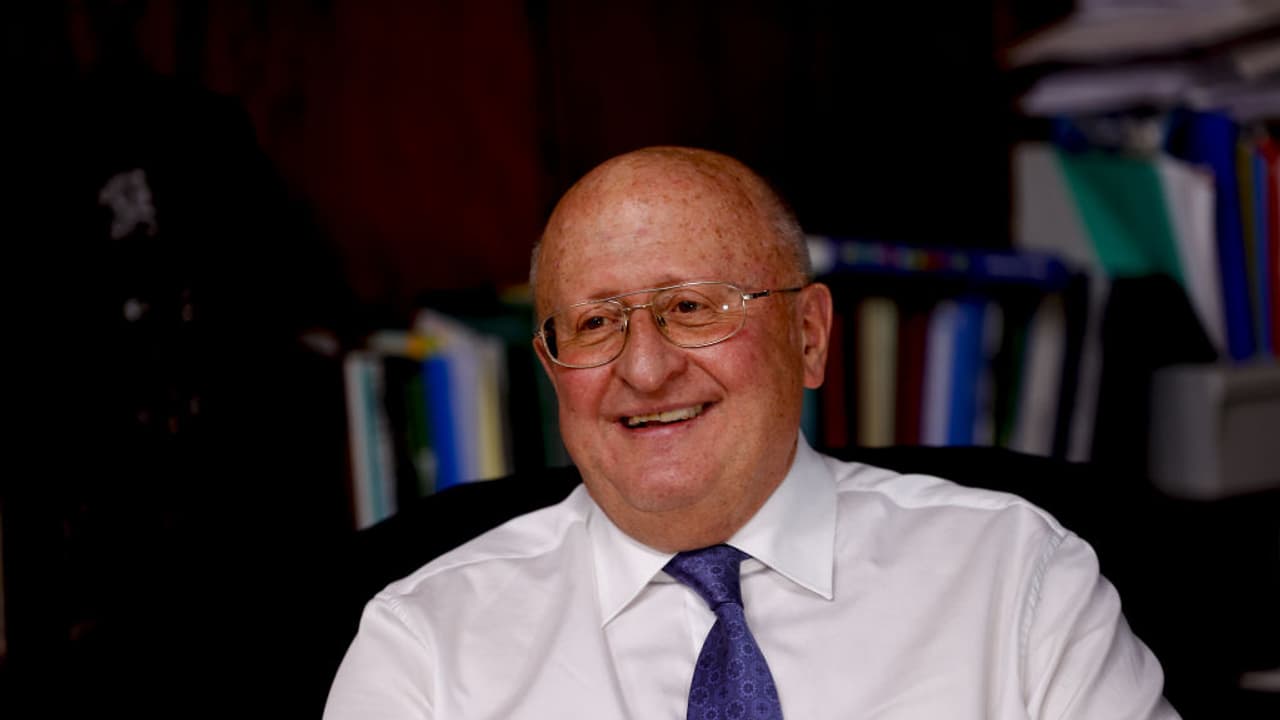Pre-clinical trials of the Cancer Vaccine showed promising results in halting tumor growth and spread. The human trials will be conducted in Moscow, with the Gamaleya Center producing the vaccine.
Bengaluru: Russia has decided to start human trials of its new vaccine against cancer in then next few months, state-run news agency RT reported on Sunday, August 3. Alexander Gintsburg, director of the Gamaleya Research Institute of Epidemiology and Microbiology, said that each vaccine dose would be personalised and given to a group of patients with melanoma. “The trials will be conducted at the Hertsen Research Institute and the Blokhin Cancer Center in Moscow, with the Gamaleya Center producing the vaccine. The mRNA drug based on neoantigens has been created specifically for each patient using their unique tumor data, and cannot be used for anyone else,” RT quoted Gintsburg as saying to RIA Novosti.
According to reports, Russia has approximately 4 million cancer patients in the country, with 625,000 new patients each year. The vaccine is reported to be given free-of-cost to Russian citizens once the human trials complete. The plan to rollout the vaccine has been approved by the Russian health ministry. Two leading oncology institutions – the Hertsen Research Institute and the Blokhin Cancer Center in Moscow– are leading the efforts. Earlier, Gintsburg said that pre-clinical trials showed the vaccine helps stop tumor growth and the spread of cancer. According to RT, development of the vaccine began in mid-2022. It uses messenger RNA (mRNA) and artificial intelligence to design customised treatments based on a patient’s genetic tumour profile. The therapy works by training the immune system to detect and destroy malignant cells using cytotoxic lymphocytes.
Due to its personalised nature, the vaccine falls under a separate regulatory process created by the Russian government earlier this year. “This is a fundamentally different process from the registration of standard drugs,” Gintsburg noted, adding that the team is working closely with the Health Ministry under the new guidelines. A significant leap in vaccine development is the integration of artificial intelligence. Gintsburg revealed that the use of advanced neural networks could dramatically speed up the creation of personalized cancer vaccines. While traditional methods require extensive time and computation, AI is expected to reduce this process to under an hour.
“Now it takes quite long to build [personalized vaccines] because computing how a vaccine, or customized mRNA, should look like uses matrix methods, in mathematical terms. We have involved the Ivannikov Institute which will rely on AI in doing this math, namely neural network computing where these procedures should take about half an hour to an hour,” Russia’s vaccine chief said.
